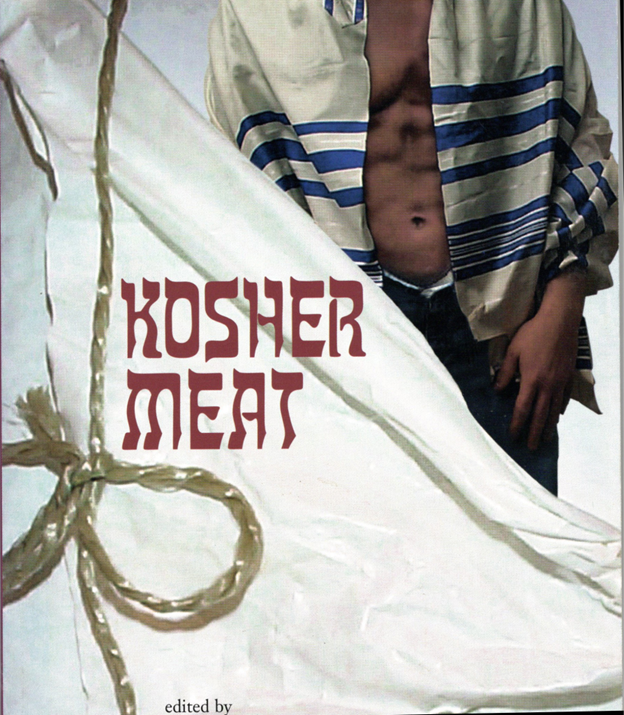"My Son, the Fegeleh"
One blanket statement we can endorse about American Jewish boys and men is that we are neurotically attached to our mothers. Since our mothers all want the best for us and believe that we are, in fact, capable of achieving their highest goals, we eventually enter a fraught relationship of guilt and carrying a burden of failure on the son's side, disappointment and struggling with reduced expectations on the mother's.
"My son, the fegeleh" is a riff on that preordained dance as it manifested in my relationship with my mother. Initially, she dreamed of me marrying a nice Jewish girl and producing bubbling grandchildren that she could enjoy without having to raise. Then she hoped that I would tie the knot with *any* girl whether the union-issued children or not. Finally, she realized that the best she could hope for was a same-sex liaison with someone she could tolerate. (I failed to reach even that low bar.) "Fegeleh," meaning "little bird" in Yiddish, bears a convenient phonic kinship with "faggot" and is used as such in Yiddish-speaking circles. Whether it has been reclaimed as a slur is a matter of opinion.
I've known I was Jewish for as long as I can remember. I only realized I was attracted to men at the advanced age of 19. Since I was Jewish only in the most diffused cultural sense with no religious fundament, connection to Yiddishkeit, or ties to any Old World relatives, that aspect of my identity never entered into a dialogue with my struggle to accept myself as a gay man. I didn't give a flying frito about Leviticus 18:22 or *anything* the Torah had to say about God and morality. Any religion that forbade lobster and cheeseburgers was not one that I could take seriously.
Many years later, when I got comfortable being gay, I made some desultory excursions (literary, of course) into the intersection of Jewish and gay. As homosexuals became more visible, more and more Jews in high-profile professions and public life potentially inhabited this dual identity -- yet I got no sense of a special sensibility or specifically constructed worldview from, say, Allan Bloom, George Cukor, or Barry Manilow. (Fun fact: the creators of West Side Story -- Leonard Bernstein, Arthur Laurentz, Jerome Robbins, and Stephen Sondheim -- were *all* gay Jews. Maybe that's our Torah text?)
The yield from literary production wasn't particularly rich either. David Leavitt's gay Jewish characters were just as cut off from a grounding sense of Jewish identity and as poorly equipped to deal with same-sex relationships as I was. The essays of David Rakoff, while entertaining, were no more enlightening on these subjects. If some manipulative cultural production twanged my Jewish chords, the gay ones didn't resonate with sympathetic vibrations. Where were the fegelehs in Fiddler on the Roof? I might have entertained inciting fantasies about Mark Spitz in his heyday but put him in a prayer shawl, and it all deflates.
The descent into gay Jewish pornography ended predictably. The best thing about the slim 2000 anthology, Kosher Meat, was the cover. The stories inside were tawdry or ludicrous -- and so many missed opportunities for lamenting our foreskins!
I resigned myself to foregrounding my gayness and soft-pedaling a Jewish identity that I couldn't bolster through religious belief or what sociologists call "symbolic ethnicity," a nostalgic allegiance to a cultural tradition that can be "felt" without having to be incorporated into everyday behavior. (Not even a mezuzah on my doorpost!)
But there is a God after all, even though (insert pronoun) has a wicked sense of humor. Because of his early documentary, Trembling Before G*d, I knew of the Bay Area filmmaker and producer Marc Smolowitz. On a gamble, I approached him in 2017, and as a mitzvah, he took me on as a client. He has been a consulting producer for Shoga's last three films and has proven to be not only an invaluable advisor but a good friend.
Recent Posts
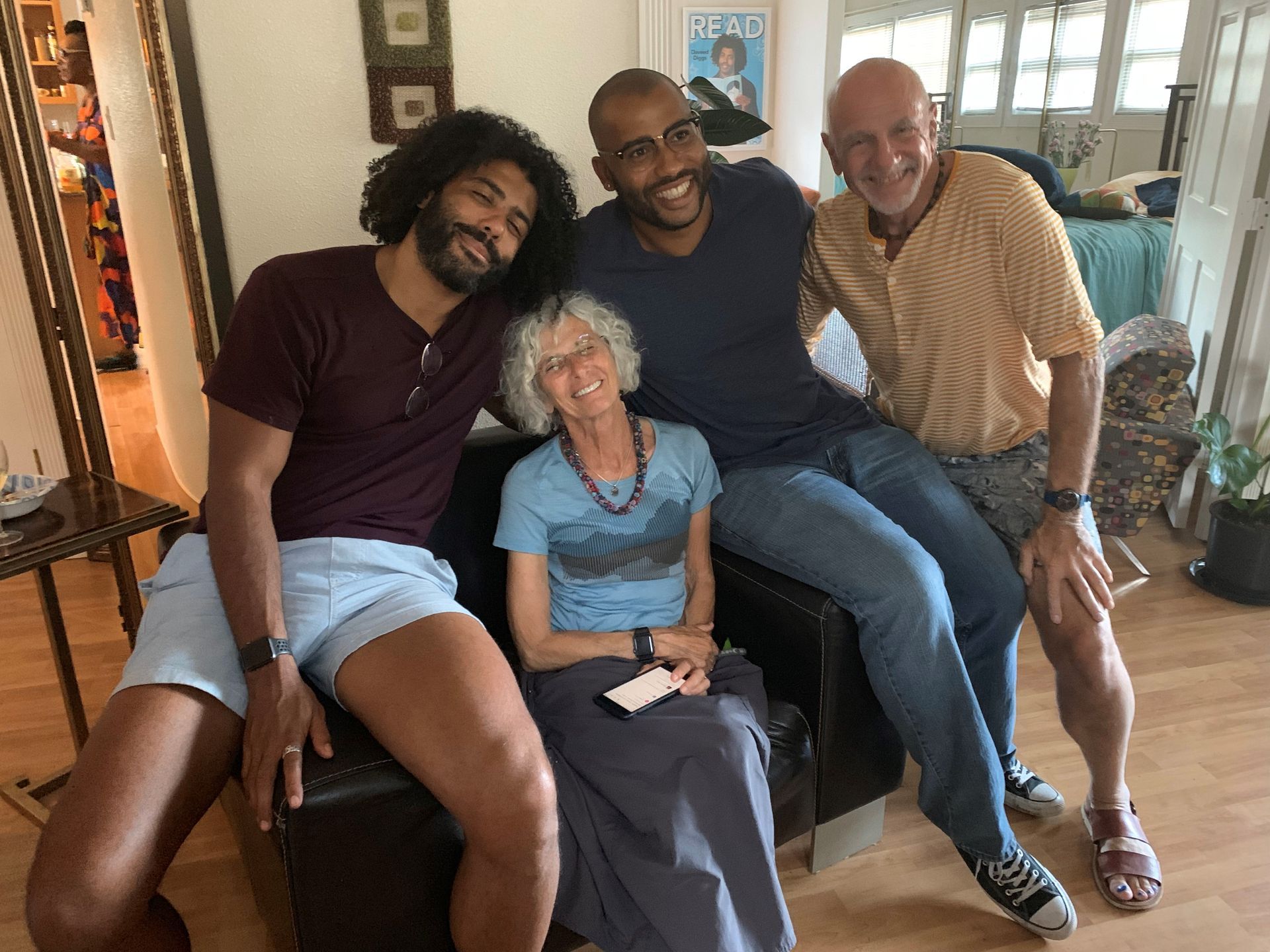
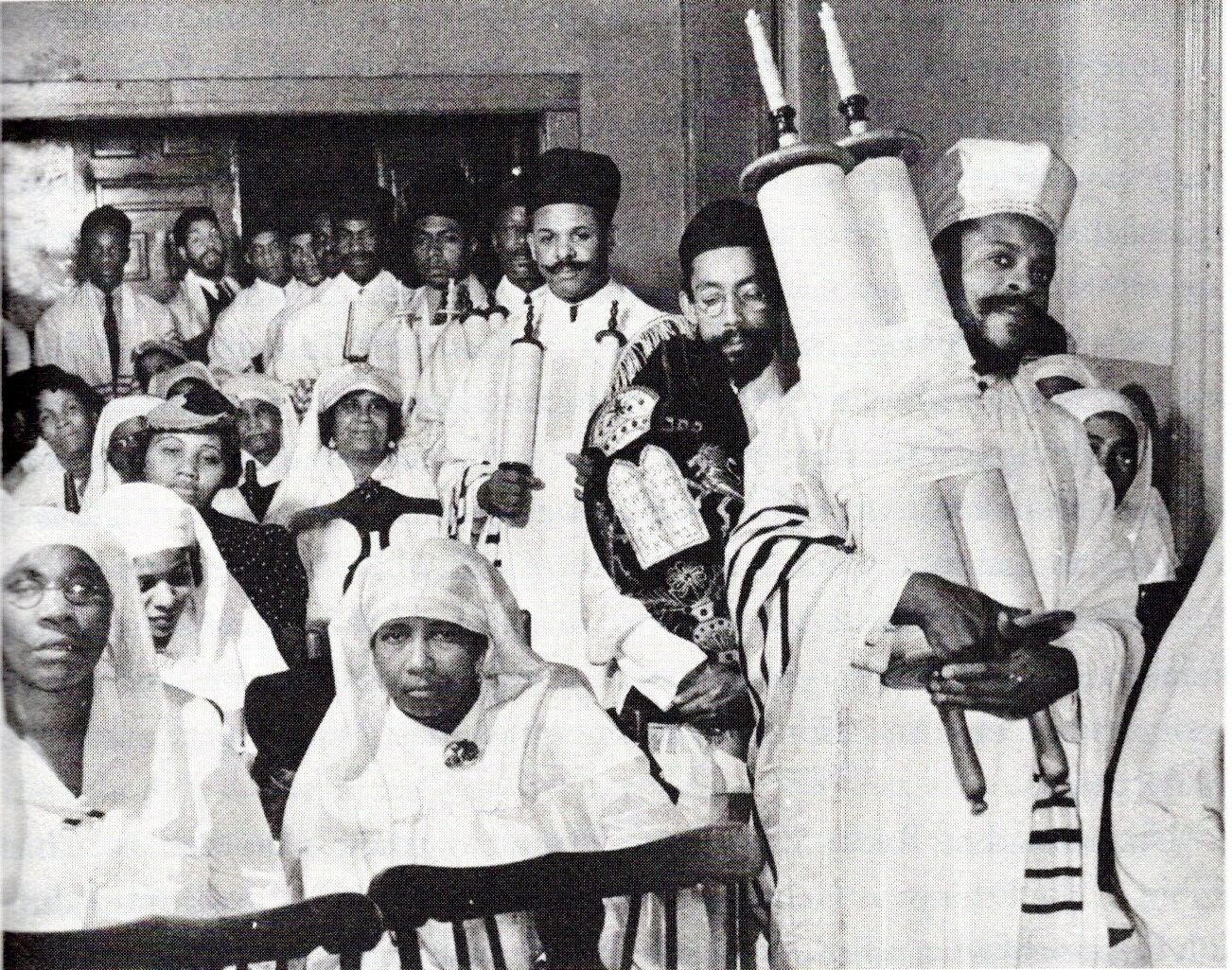
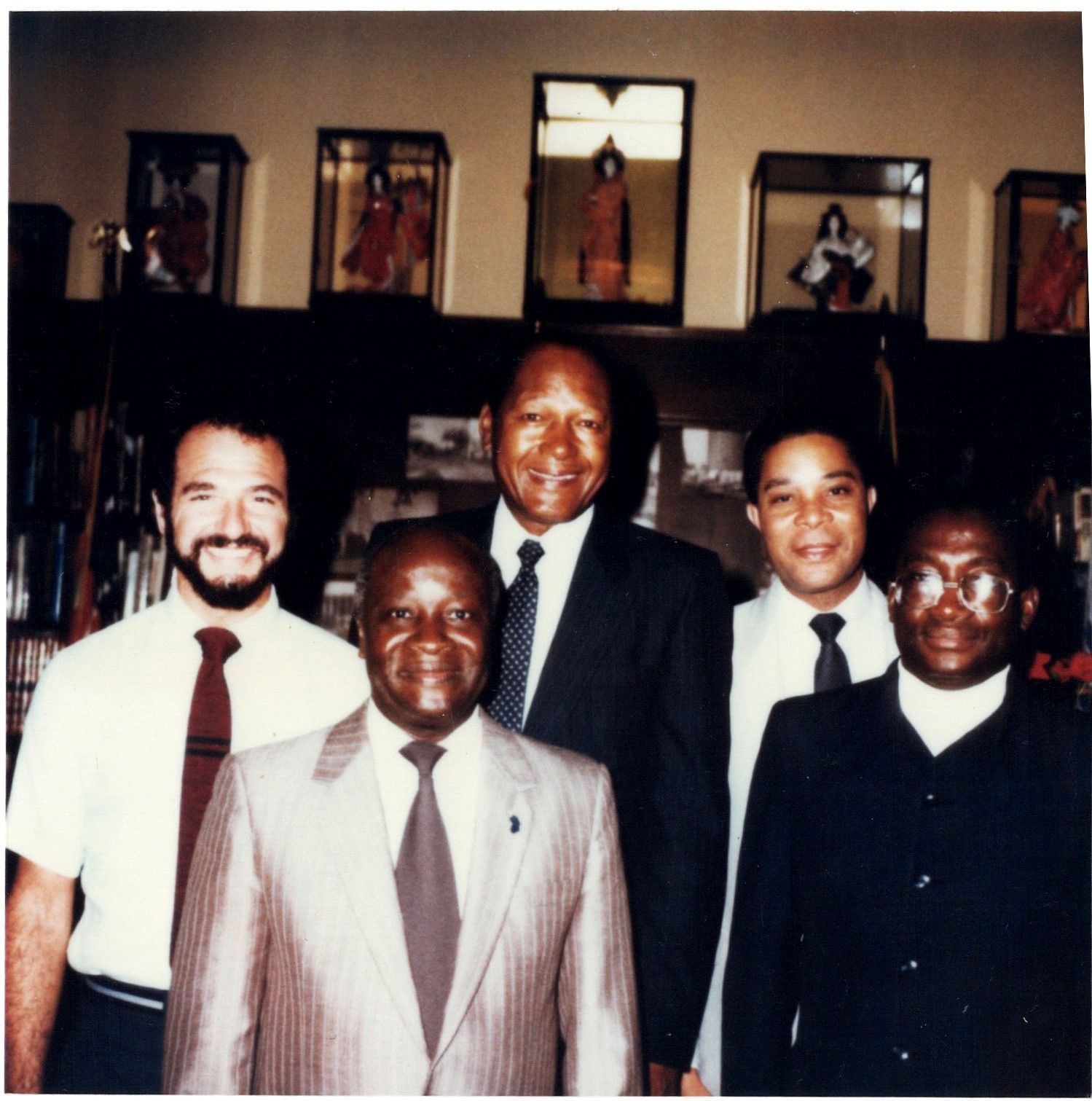
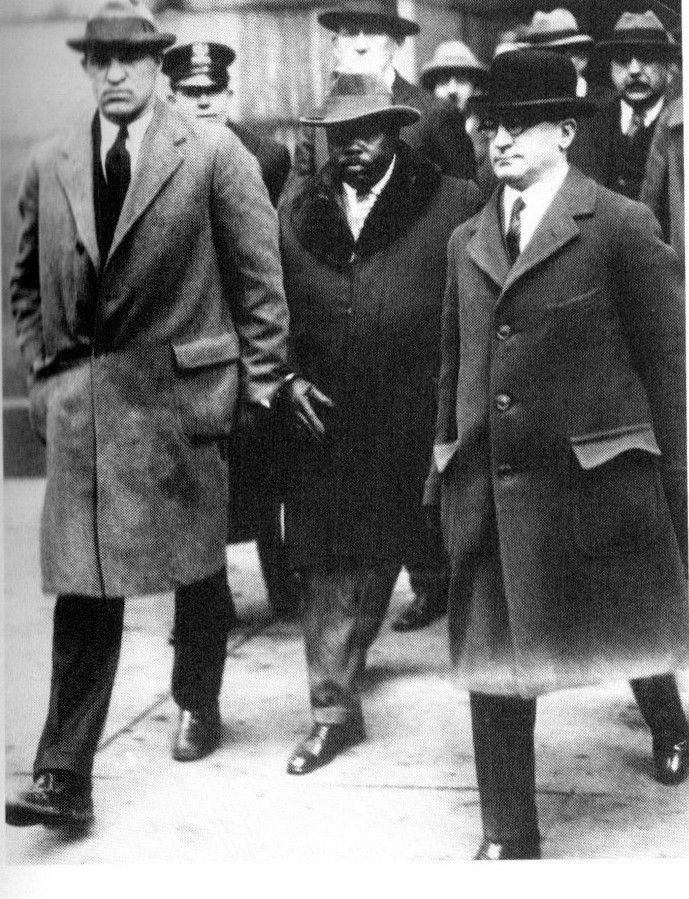
SHOGA FILMS is a 501(c) (3) non-profit production and education company. We create multimedia works around race and sexuality that are intended to raise awareness and foster critical discussion.
Contact Us
All Rights Reserved | Shoga Films
Stay Connected
Thanks for subscribing!
Please try again later.


